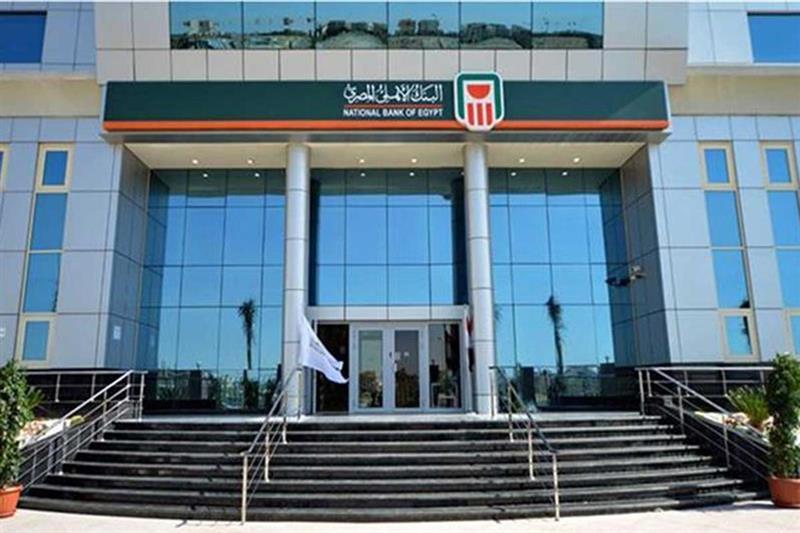El-Said further revealed that the NBE garnered capital gains of EGP 800 million from these transactions over the last year.
Exit deals occur when banks begin to withdraw their investments from companies after attaining the desired level of profitability.
Regarding the bank's investment activities, El-Said disclosed that NBE's direct investment portfolio had reached EGP 34 billion, encompassing 138 companies as of November 2023.
He added in statements to the press that the bank's indirect investments amounted to EGP 7 billion, distributed among 30 companies operating in diverse sectors.
El-Said attributed the bank's divestment from ventures to an ongoing administrative and financial restructuring process.
He emphasized NBE's strategic objective of revitalizing its investment portfolio by reinvesting returns and proceeds into new ventures, including financial leasing, real estate financing, and investment banks.
“NBE is currently engaged in discussions with several non-banking financial institutions to establish a digital bank in compliance with the regulations for launching digital banks stipulated by the Central Bank of Egypt (CBE),” El-Said noted.
He underscored NBE's commitment to investing in sectors that serve the national interest, such as financial technology, green economy, renewable energy, and industrial and productive sectors.
El-Said further affirmed the bank's dedication to supporting Egypt's overarching plan to augment its US dollar earnings by boosting exports and minimizing dependency on imports.
He also highlighted NBE's intensified exploration of promising opportunities in various sectors, particularly technology, through comprehensive studies.
“NBE boasts a diverse portfolio of investments in digital technology companies, including Fawry Company for banking technology and electronic payments, e-Finance for financial and digital investments, and Aman Holding for non-banking financial services and electronic payments technology,” El-Said disclosed.
Earlier this month, NBE and Banque Misr issued new certificates of deposits (CDs) with annual yields of 23.5 percent and 27 percent, respectively, and a minimum purchase value of EGP 1,000 and incremental options for each CD.
The two banks are projected to collect over EGP 500 billion in proceeds by the end of the insurance period, expected to conclude in February. ahram Online






